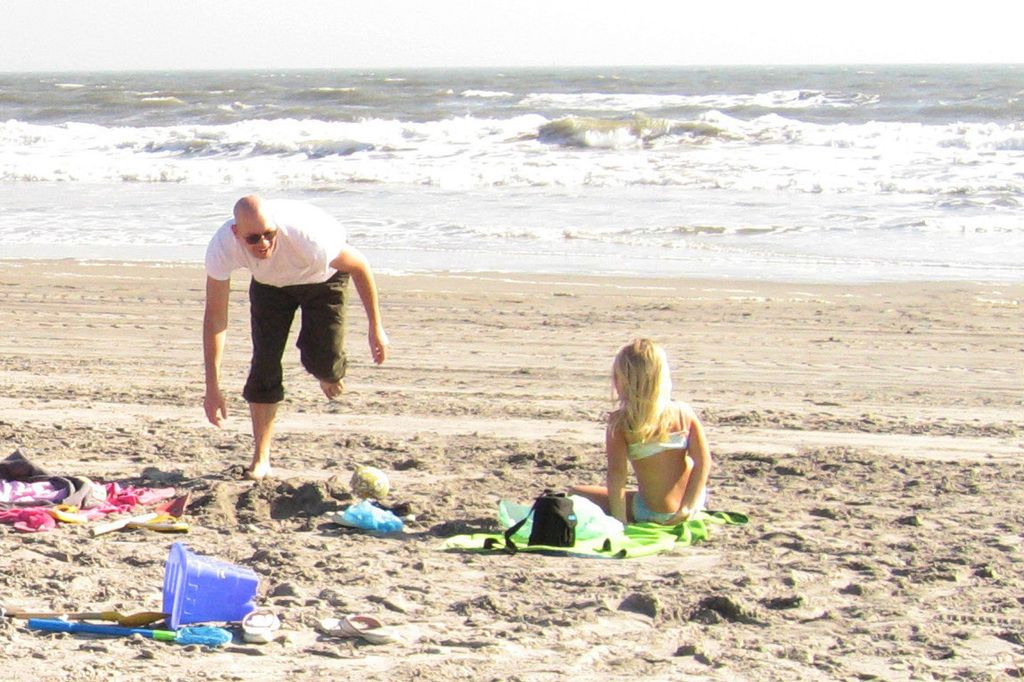Historical miasma concept potentially sheds light on Health Secretary Robert F. Kennedy Jr.'s vaccine-related actions
Headline: Kennedy's Miasma-driven Health Approach Sparks Controversy
Traditional notions of healthcare are seeing a shake-up in the USA thanks to Health Secretary Robert F. Kennedy Jr. One theory that may be fuelling his reconfiguration of federal healthcare agencies harks all the way back to Ancient Greece.
The Smoggy Miasma Theory
As Dr. Howard Markel, an emeritus professor of medical history from the University of Michigan, Ann Arbor, explains, "It dates back to Hippocrates, who theorized that epidemics stemmed from some type of pollution in the atmosphere or the air we breathe."
Also embraced by figures like Florence Nightingale, the miasma theory contributed to several positive advancements, such as improved sanitation. However, it was eventually debunked with the discovery of germ theory by scientists like Louis Pasteur and Robert Koch.
Enter Germ Theory
According to Melanie Kiechle, a historian at Virginia Tech, these scientists discovered that germs—bacteria, viruses, and other microscopic entities—were responsible for illness, not some mysterious, noxious air caused by rotting waste. This finding paved the way for breakthroughs like antibiotics and vaccines.
Fast forward a few years, Kennedy's book The Real Anthony Fauci: Bill Gates, Big Pharma, and the Global War on Democracy and Public Health resurrects the miasma theory. Kennedy proposes that, rather than treating diseases with traditional medicines, we should focus on boosting the immune system through better nutrition and reducing exposure to environmental toxins and stressors.
However, some experts question Kennedy's interpretation of the miasma theory. Nancy Tomes, a historian of germ theory at Stony Brook University, states, "Historians of medicine and science would categorically disagree with his definition of miasma theory."
The Miasma-Vaccine Connection
Kennedy's views on the miasma theory could provide insights into his stance on vaccines. As Dr. Paul Offit, a vaccine expert at the University of Pennsylvania, explains, "For Kennedy, pollutants like electromagnetic radiation, pesticides, and vaccines are modern-day miasmas."
Many experts caution that focusing on environmental factors could divert attention away from the actual cause of diseases, which are microorganisms. Dr. Tina Tan, head of the Infectious Disease Society of America, emphasizes, "It's microorganisms that cause infections, not environmental factors."
Vaccines, which have proven to be safe and effective in protecting people against harmful microorganisms, are a vital part of public health, according to Tan and others. However, Kennedy's theories could hamper these efforts by promoting misconceptions about vaccine safety and efficacy.
A Twist in the Tale
Some argue that Kennedy's perspective on miasma and germ theories may not be entirely irreconcilable. According to Gregg Girvan, a resident fellow at the Foundation for Research on Equal Opportunity, "It seems we can acknowledge that there is truth in both positions."
Despite multiple requests, Kennedy's office has yet to provide further insights on his views about miasma and germ theories.
[1] Source: NPR[2] Source: Various media outlets
Copyright 2022 Reimagined Assistant
- Kennedy's health approach, rooted in the ancient miasma theory, suggests that instead of relying solely on traditional medicines, we should focus on improving nutrition, reducing environmental toxins, and managing stress for a stronger immune system.
- Kennedy's book, which resurrects the miasma theory, posits that pollutants like electromagnetic radiation, pesticides, and vaccines could be modern-day miasmas, implying they may contribute to health-and-wellness issues, including medical-conditions like cancer and mental-health disorders.
- Kennedy's interpretation of the miasma theory as a basis for his stance on vaccines has sparked debates, with experts like Dr. Paul Offit expressing concerns that this view could promote misconceptions about vaccine safety and efficacy.
- Some historians, such as Dr. Nancy Tomes, argue that Kennedy's definition of the miasma theory departs significantly from its original meaning, which is associated with the belief that diseases were caused by noxious air or poor environmental conditions.
- While Kennedy's office has not provided further clarification on his views about miasma and germ theories, some, like Gregg Girvan, suggest that his perspectives may not be entirely inconsistent, acknowledging that there could be truth in both the miasma and germ theories.








